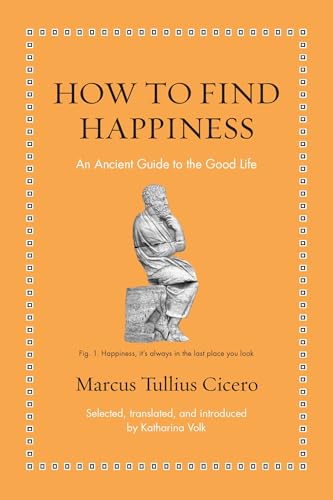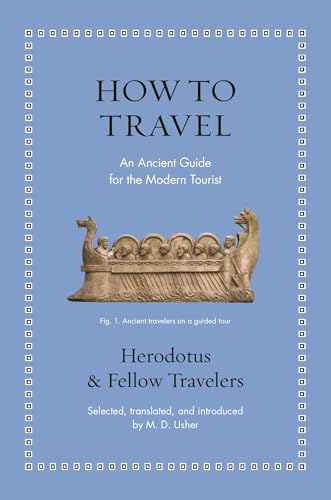
Part of Series
A modern translation of the ancient Roman poet Ovid’s Remedies of Love ―a witty and irreverent work about how to fall out of love Breakups are the worst. On one scale devised by psychiatrists, only a spouse’s death was ranked as more stressful than a marital split. Is there any treatment for a breakup? The ancient Roman poet Ovid thought so. Having become famous for teaching the art of seduction in The Art of Love, he then wrote Remedies for Love ( Remedia Amoris ), which presents thirty-eight frank and witty strategies for coping with unrequited love, falling out of love, ending a relationship, and healing a broken heart. How to Get Over a Breakup presents an unabashedly modern prose translation of Ovid’s lighthearted and provocative work, complete with a lively introduction and the original Latin on facing pages. Ovid’s advice―which he illustrates with ingenious interpretations of classical mythology―ranges from the practical, psychologically astute, and profound, to the ironic, deliberately offensive, and bizarre. Some advice is conventional―such as staying busy, not spending time alone, and avoiding places associated with an ex. Some is off-color, such as having sex until you’re sick of it. And some, for modern readers, is, simply and delightfully, weird―such as becoming a lawyer and not eating arugula. But far more often, How to Get Over a Breakup reveals an Ovid whose advice―good or bad, entertaining or outrageous―can sound startlingly modern.
Author

Publius Ovidius Naso (20 March 43 BCE – CE 17/18), known as Ovid (/ˈɒvɪd/) in the English-speaking world, was a Roman poet best known for the Metamorphoses, a 15-book continuous mythological narrative written in the meter of epic, and for collections of love poetry in elegiac couplets, especially the Amores ("Love Affairs") and Ars Amatoria ("Art of Love"). His poetry was much imitated during Late Antiquity and the Middle Ages, and greatly influenced Western art and literature. The Metamorphoses remains one of the most important sources of classical mythology. Ovid is traditionally ranked alongside Virgil and Horace, his older contemporaries, as one of the three canonic poets of Latin literature. He was the first major Roman poet to begin his career during the reign of Augustus, and the Imperial scholar Quintilian considered him the last of the Latin love elegists. He enjoyed enormous popularity, but in one of the mysteries of literary history he was sent by Augustus into exile in a remote province on the Black Sea, where he remained until his death. Ovid himself attributes his exile to carmen et error, "a poem and a mistake", but his discretion in discussing the causes has resulted in much speculation among scholars. Ovid's prolific poetry includes the Heroides, a collection of verse epistles written as by mythological heroines to the lovers who abandoned them; the Fasti, an incomplete six-book exploration of Roman religion with a calendar structure; and the Tristia and Epistulae ex Ponto, two collections of elegies in the form of complaining letters from his exile. His shorter works include the Remedia Amoris ("Cure for Love"), the curse-poem Ibis, and an advice poem on women's cosmetics. He wrote a lost tragedy, Medea, and mentions that some of his other works were adapted for staged performance. See also Ovide.


